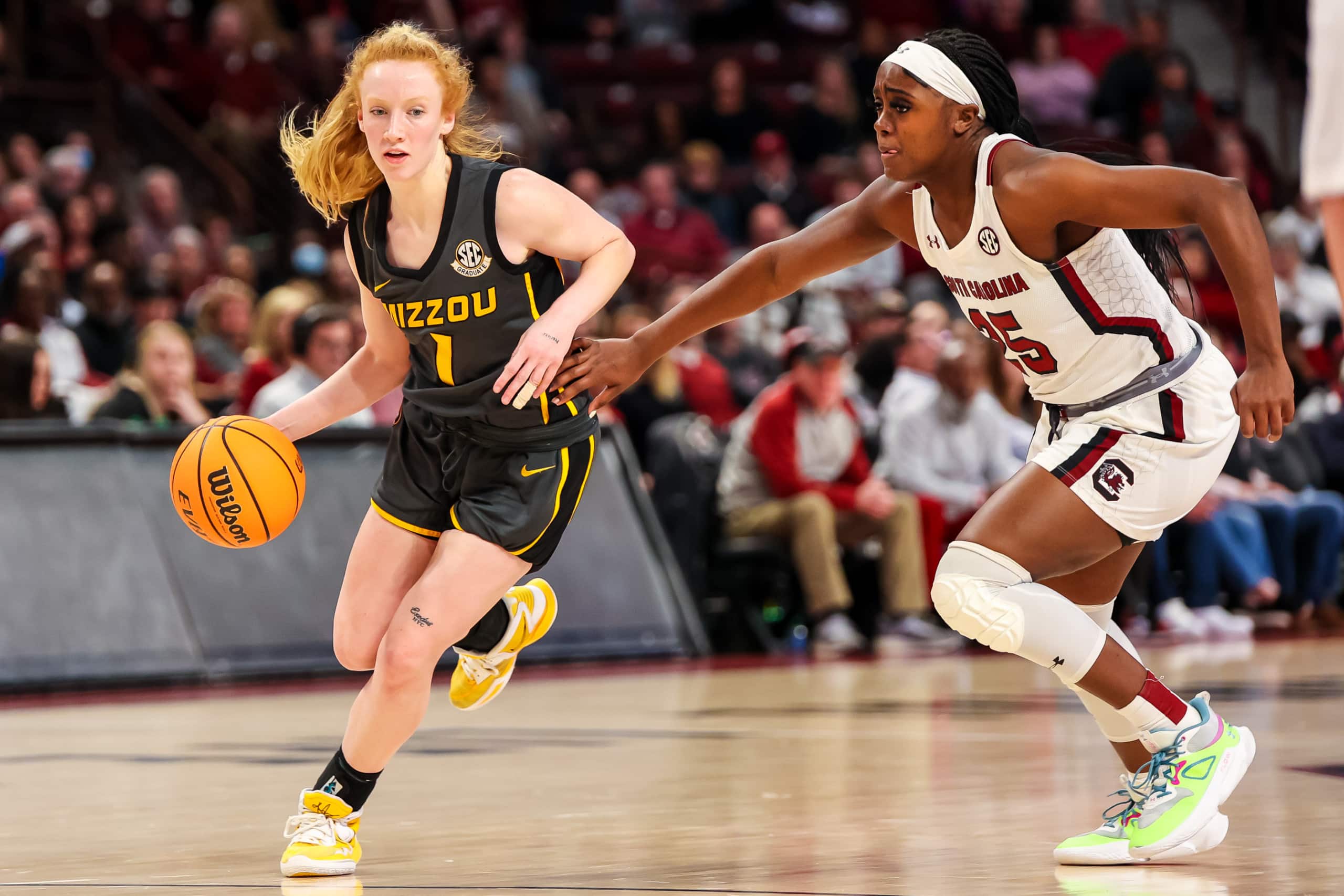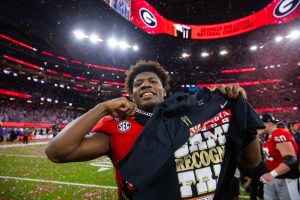Last week, a college sports advocacy organization called The Drake Group asked the U.S. Department of Education for guidance on one of the biggest unanswered questions about name, image, and likeness: how Title IX — the statute governing gender equity in higher education — might apply.
As it turns out, they’re not the first. In 2017, a group of advocates looking to create a men’s basketball league, called the HBCU League, that would allow both salaries for players and NIL deals. They asked the DOE’s Office of Civil Rights the same question.
The response they received at the time — though not considered official policy — could provide a clue into how the DOE might see existing NIL deals, specifically regarding groups of donors and alumni called “NIL collectives.”
A school “may violate Title IX when it assists an outside organization that engages in sex discrimination,” the letter read in part. Here’s how that could impact collectives:
- The NCAA recently said that athletic department officials could ask donors to contribute to collectives if they don’t specify which sport or team receives the money.
- But many collectives are team-specific — or send most resources to sports like football and men’s basketball. An Opendorse report found only 34% of collectives fund women’s sports athletes.
- Under this interpretation, an athletic department with strong ties to a collective that offers unbalanced NIL opportunities to male and female athletes could be subject to a Title IX violation.
Since rules were passed in June 2021, the application of Title IX to NIL deals has been murky at best.
It’s generally understood that NIL resources schools provide — like education, classes, or help with social media — should be equitable. But the deals are funded by third parties in the private sector, which are not subject to Title IX.
It remains to be seen how the DOE responds to the Drake Group’s letter, particularly given that it will have to examine an existing NIL landscape rather than a hypothetical one.
But even if DOE upholds or strengthens this interpretation, it may not have much of an immediate impact as Title IX is notoriously difficult to enforce.






![[Subscription Customers Only] Jul 13, 2025; East Rutherford, New Jersey, USA; Chelsea FC midfielder Cole Palmer (10) celebrates winning the final of the 2025 FIFA Club World Cup at MetLife Stadium](https://frontofficesports.com/wp-content/uploads/2026/02/USATSI_26636703-scaled-e1770932227605.jpg?quality=100&w=1024)











